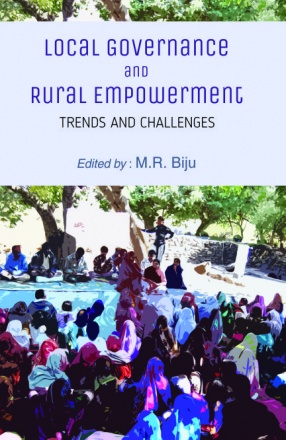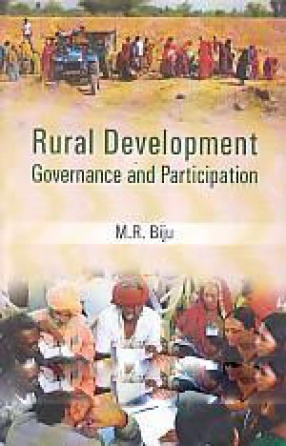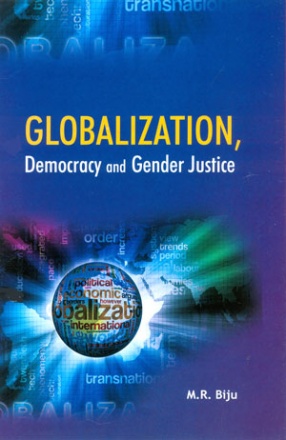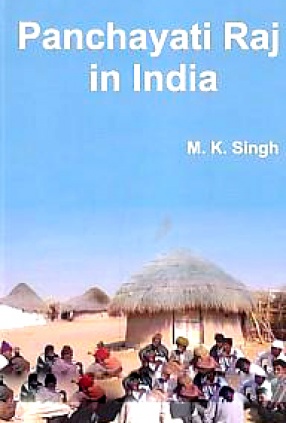The Constitution of India provides a clear mandate for democratic decentralisation not only through the Directive Principles of State Policy which exhorts the State to promote Panchayati Raj Institutions but more specifically now through the 73rd and 74th Amendments of the Constitution which seek to create an institutional framework for ushering in grassroots democracy through the medium of genuinely self-governing local bodies in both urban and rural areas of the country. However, despite the constitutional mandate, the growth of self-governing local bodies as the third tier of governance in the country has been uneven, halting and slow. Even after the passing of the 73rd and 74th Constitutional Amendments, the transfer of funds, functions and functionaries has been nominal in most States with notable exceptions such as Kerala. Today, the extent to which decentralisation has actually taken place differs from state to state. Each state enacts its own legislation on decentralisation, which has to conform to the principles of the 73rd and 74th Constitutional Amendments. This leaves considerable scope for States to either devolve substantial powers to the local governance bodies or to limit devolution to the required minimum to meet the constitutional enactment.
Keeping this background in view, this book attempts to address the issues pertaining to various aspects of Local Governance and Rural Empowerment.








There are no reviews yet.